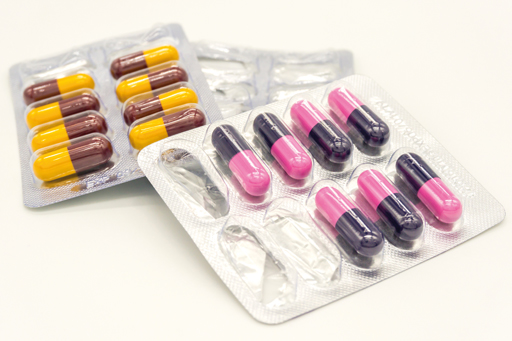Clinical

UKCPA: GPs must optimise UTI antibiotic use
In Clinical
Bookmark
Record learning outcomes
Doctors are being urged to optimise their use of antibiotics for treating UTIs, says Rakhee Patel, lead antimicrobial pharmacist at Dartford and Gravesham NHS Trust

NICE recently completed a consultation on draft guidelines for treating lower urinary tract infections, with publication of the final version expected in January 2019.
This guidance highlights that patients should be counselled on self-care, including taking paracetamol, ensuring adequate fluid intake and explaining that there is no evidence for using cranberry products.
“We recognise that the majority of UTIs will require antibiotic treatment, but we need to be smarter with our use of these medicines,” says Professor Mark Baker, director for the Centre of Guidelines at NICE.
“Our new guidance will help healthcare professionals to optimise their use of antibiotics. This will help to protect these vital medicines and ensure that no one experiences side-effects from a treatment they do not need.”
Prescribing top tips
Urinary tract infection (UTI) is the second most common clinical indication for empirical antimicrobial treatment in primary and secondary care, and urine samples constitute the largest single category of specimens examined in most medical microbiology laboratories.
Top tips to help improve antibiotic prescribing for UTIs include:
- Ensuring the dose and frequency of the antibiotic is appropriate. For example, a prescription for nitrofurantoin 100mg PO bd is not correct as the dosing frequency should only be bd if a modified release preparation is prescribed. Therefore this script should be queried. Standard dosing for nitrofurantoin is 50-100mg qds
- The draft NICE guidelines state that prophylaxis should be reviewed every six months. Could a reminder be set on the dispensing system so that this can be flagged to the GP when repeats are requested?
- If a patient is on long-term prophylaxis but is issued multiple acute courses, then the prophylaxis needs to be reviewed. Flag this to the GP for review
- Ensuring antibiotics are prescribed for an appropriate duration empirically: three days in women and seven days in men
- Counselling on selfcare measures (taking paracetamol, ensuring adequate fluid intake) and demystifying the perception that cranberry products are beneficial
- Once the NICE guidance is published, ensure that you review it and implement any further actions.
“Our surveillance shows that more than a third of laboratory confirmed E.coli UTIs display resistance to key antibiotics. We are therefore urging GP practices and hospitals to follow the new guidelines,” says Dr Susan Hopkins, deputy director for AMR and HCAI at Public Health England.
For more information about the UKCPA, click here.
